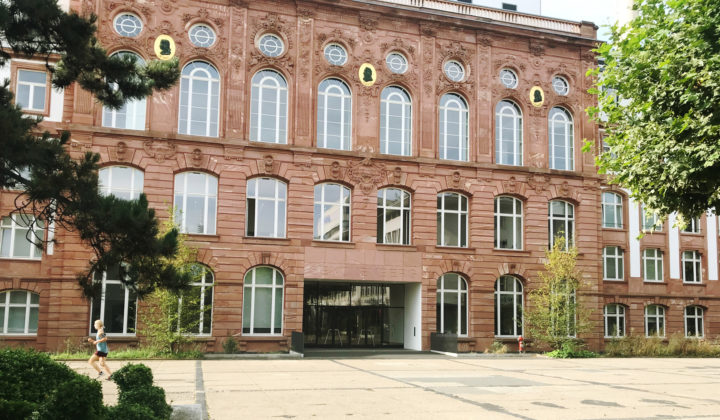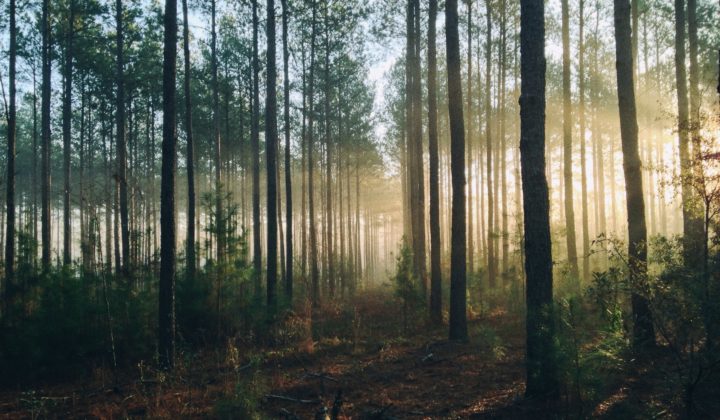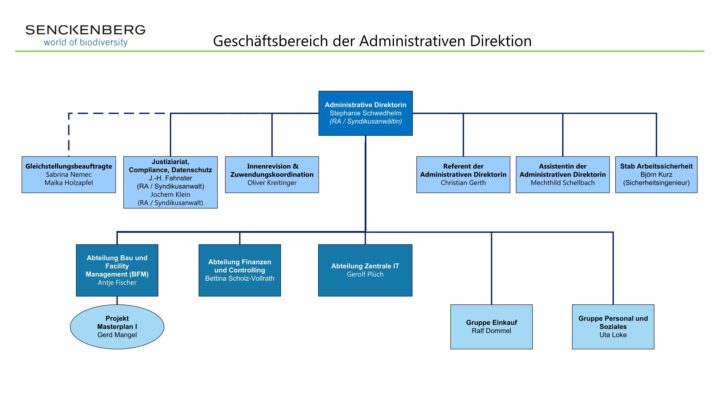Colonial Legacies
Being over 200 years long, much of Senckenberg’s history, and many of our collections are connected to colonial times. We thus do not only feel the obligation to address these legacies, yet also believe that cooperating with partners in countries of the “Global South” offers great opportunities for both science and society.
Our strategy towards cooperation on equal terms has several elements which we summarized under three main headings:
- Collections
Extensive discussions both internally and externally in 2019 and 2020 resulted in a paper, that describes Senckenberg’s position with respect to repatriating human remains, restituting culturally sensitive material and exchange of other specimens, both physically and digitally. - Education
At Senckenberg, we contribute to, and even run curricula that enable students and early career researchers at all levels to join the international scientific community. Among these is an MSc-course on curation and collection-based research, that already has attracted students from over 30 countries, many of them from the so-called developing world.
In the course or that study program, a survey of the state of natural history collections in East(ern) Africa has been conducted, the results were published here. - Scientific Cooperation
Senckenberg maintains a very extensive collaboration network with cooperating partners in over 140 countries, and many of our key regions are in some the world’s rapidly developing countries (cf. image below).




